
Types and characteristics of antigen: Antigenicity and Immunogenicity
What is Antigen? Any substance such as proteins, carbohydrates and lipid present in bacteria, fungi, parasites and viruses are considered foreign to Human or any […]

What is Antigen? Any substance such as proteins, carbohydrates and lipid present in bacteria, fungi, parasites and viruses are considered foreign to Human or any […]
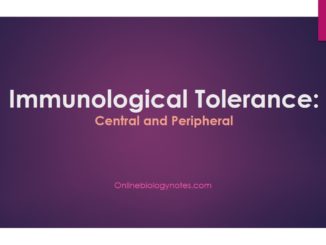
What is immunological tolerance? When specific lymphocytes confront antigens, there are two possibilities: 1) The lymphocytes may be activated resulting to the immune responses. 2) […]
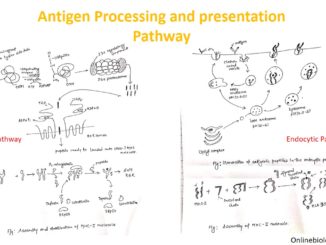
Antigen processing and Antigen presentation Antigen processing is a metabolic process that digests the proteins into peptides which can be displayed on the cell membrane […]
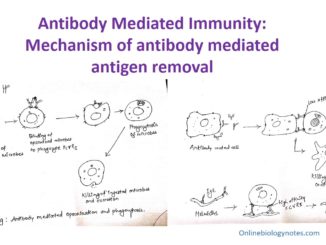
Antibody mediated immune response The antibody mediated immune response is also known as humoral immunity. It is the host defense mechanism that are mediated by […]
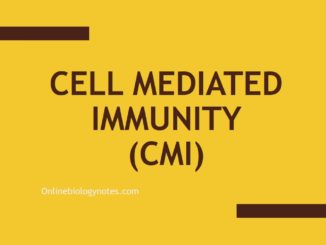
Cell Mediated immune response Cell mediated immune response (CMI) is the host defense that are mediated by Antigen specific T-cells and various non-specific cells of […]
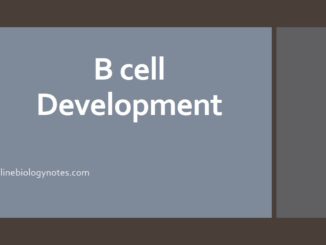
B-cell development: The development of plasma cell and memory B cells can be divided into three broad stages: Generation of mature, immunocompetent B-cells (maturation) Activation […]
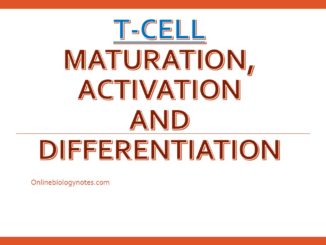
T-cell maturation: The migration of progenitor T-cells from the early sites of hematopoiesis to the thymus takes place at about day 11 of gestation in […]
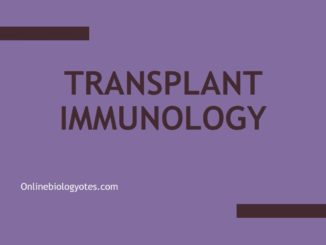
Transplantation immunology: The process of transfer of cells, tissues, or organs from one location to another with a motive of either repairing or replacing damaged […]
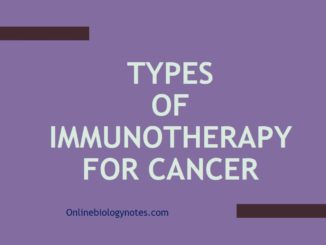
What is immunotherapy? Immunotherapy is defined as one of the methods of treatment by inducing, enhancing, or suppressing an immune response. It is one of […]
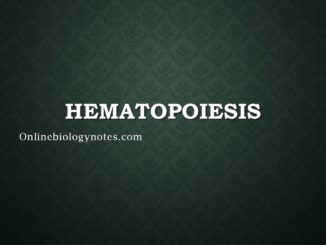
Haematopoiesis Haematopoiesis is defined as the process of formation, development and differentiation of blood cells. The blood cells are formed from haematopoietic stem cells (HSCs) […]
Copyright © 2024 | WordPress Theme by MH Themes